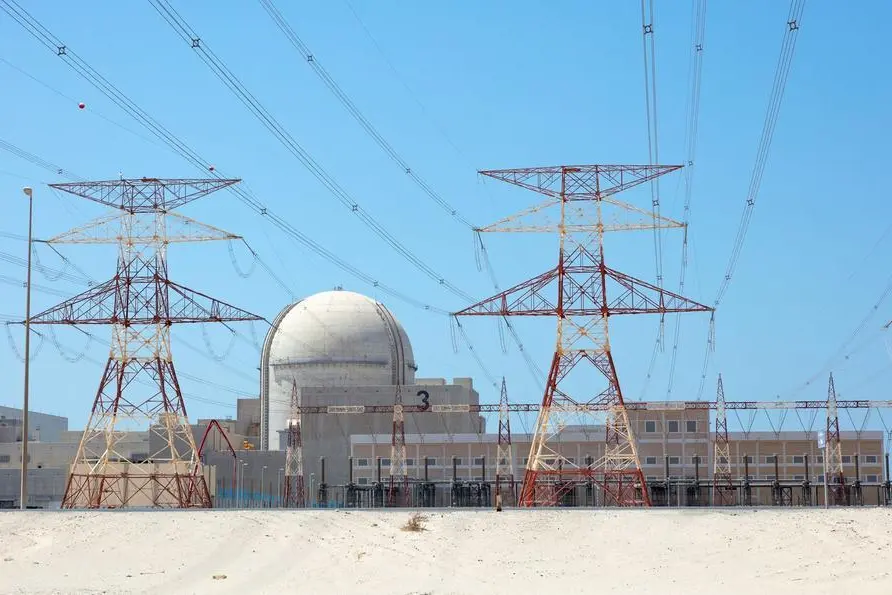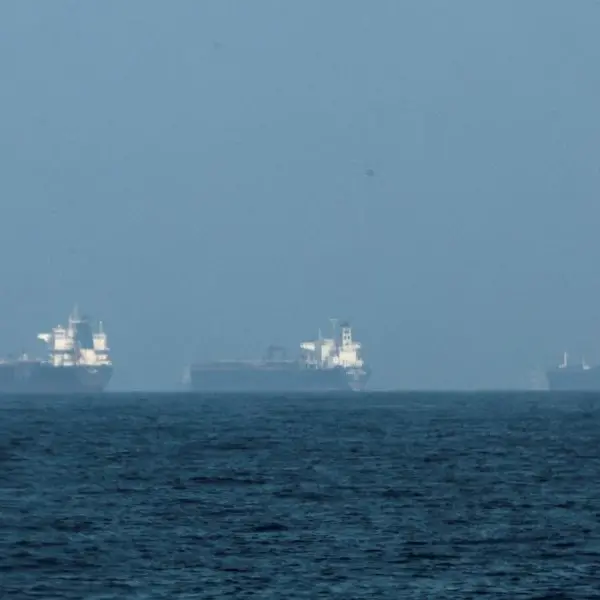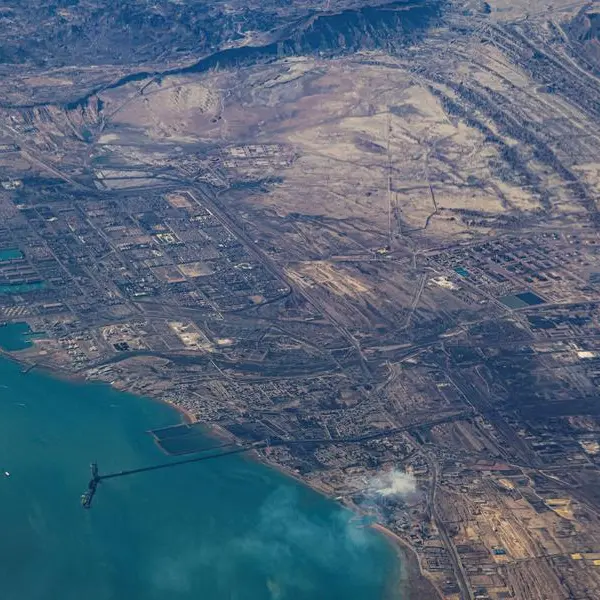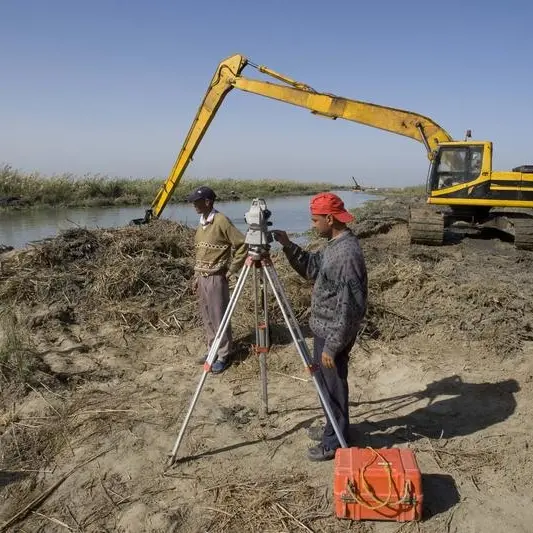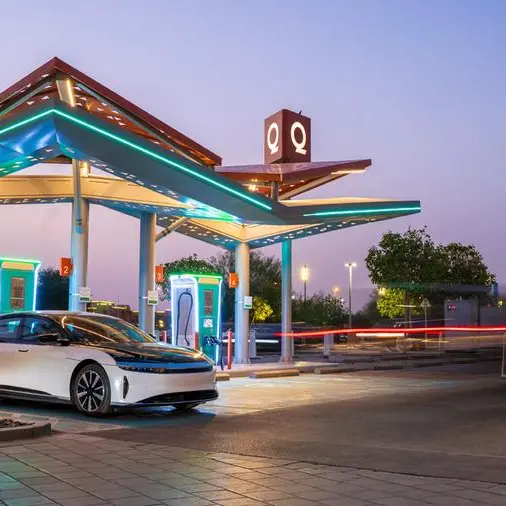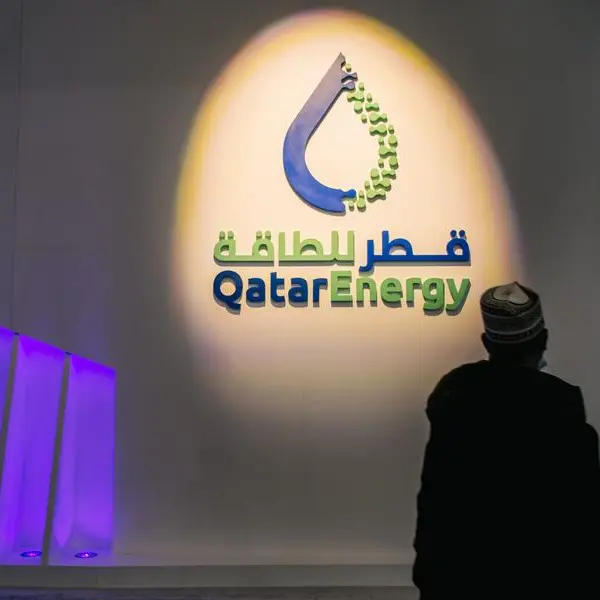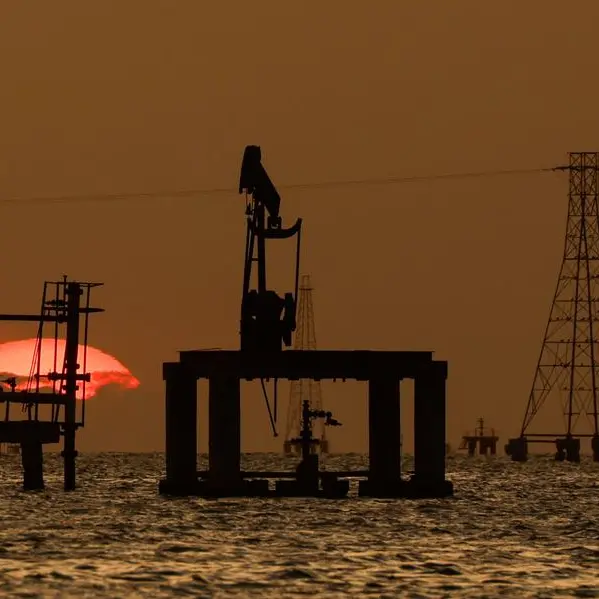PHOTO
Dr. Kathryn Huff, Assistant Secretary for Nuclear Energy at the US Department of Energy, visited the Barakah Nuclear Energy Plant in the Al Dhafra region of the Emirate of Abu Dhabi.
Dr. Huff visited the plant to see the operations teams generating clean electricity around the clock, ensuring energy security and grid stability for the UAE, and decarbonising the UAE’s power grid. The Plant is a key component of the Net Zero by 2050 Strategic Initiative.
Dr. Huff and her delegation were received at the Barakah Plant by Mohamed Ibrahim Al Hammadi, Managing Director and Chief Executive Officer of the Emirates Nuclear Energy Corporation (ENEC), and senior leadership from ENEC’s JV subsidiaries Barakah One Company and Nawah Energy Company.
Over the winter months, the Barakah Plant generated up to 48% of Abu Dhabi’s electricity around the clock and carbon-free.
The Assistant Secretary toured the commercially operational Unit 2 of the Barakah Plant and met with Al Hammadi. She met with key members of the Emirati-led team operating the Arab world's first multi-unit nuclear energy plant.
Following the tour, Dr. Huff met with some of the US employees working at Barakah and discussed with representatives from the Women in Nuclear group, accompanied by Al Hammadi.
Al Hammadi said, "The UAE Peaceful Nuclear Energy Program was founded on the principles of international solid cooperation with trusted nuclear energy nations to ensure we maximise the opportunities at hand to drive the clean energy transition.
“We are delighted to welcome Dr. Kathryn Huff to the Barakah Nuclear Energy Plant today to demonstrate the rapid benefits the plant is delivering in terms of power generation and decarbonization of the power sector, in addition to job creation for both UAE Nationals and international experts including our American colleagues. These visits are vital as we continue exchanging knowledge and sharing expertise with global stakeholders.”
Dr. Huff said, “The Barakah Nuclear Energy Plant is one of the most successful construction projects to date thanks to the international collaboration facilitated by the UAE. This plant will anchor the region’s efforts to decarbonize the power sector, spark economic activity and job growth, and strengthen energy security. The United States looks forward to continued cooperation and collaboration with the UAE to advance the civil nuclear energy sector as both countries pursue their ambitious goals to curb global carbon emissions.”
The visit coincided with the World Utilities Congress (WUC) 2023, held in Abu Dhabi from 8th to 10th May under the theme ‘enabling a secure and sustainable utilities future’ with the industry converging to discuss the trends and technologies impacting future power and water demand.
With eyes on the global energy sector ahead of COP28 in the UAE, the WUC convenes global energy leaders, policymakers, innovators, and industry professionals across the power & water utilities value chain as utilities worldwide work to deliver secure, secure, sustainable and affordable energy.
Dr. Huff joined Al Hammadi alongside Dr. Sama Leon, Director-General of the World Nuclear Association, on the opening panel of the Nuclear Energy Forum and discussed the blueprint required to deliver nuclear projects globally.
ENEC’s leadership has showcased a new model to the world for new nuclear developments, with Barakah recognized as one of the most successful new build nuclear energy programmes globally regarding project management, positive environmental impact and cost.
The Plant demonstrates the success of the UAE’s long-term investment to diversify its energy portfolio and achieve Net Zero through nuclear energy.
ENEC is now leading efforts in research across areas like developing Small Modular Reactors (SMRs), clean hydrogen and other clean technologies. The Barakah Plant has three commercially operational units, with a fourth unit close to completion. All four units combined will provide 25% of the UAE’s electricity needs, removing millions of tons of carbon emissions annually.
